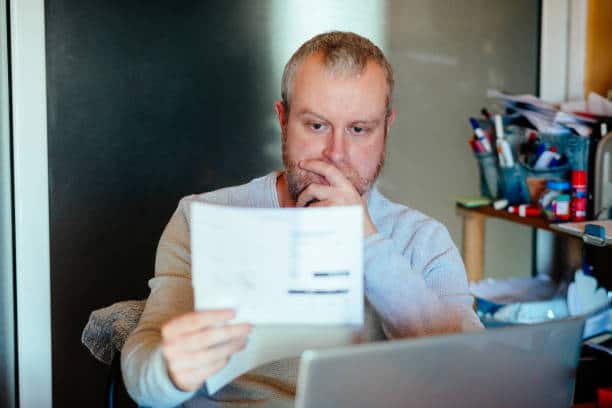
![]()
IRELAND is officially more expensive than Denmark in EU terms, traditionally one of the most expensive countries in the world.
Prices are now over 46% above the EU average. In 2015 prices were 28% above average for example. The difference has risen every year since.
When it comes to alcohol and tobacco, prices are a staggering 216% of the EU average. This is due to government taxation and more recently minimum unit pricing on alcohol.
And when it comes to food and non-alcoholic drinks, prices here are the fourth highest in the EU at 15% above average.
Ireland's the second most expensive country for electricity, gas and other fuels with prices over 38% above average.
Communications costs are 56% above average. And our costs for recreation and cultural activities are the fifth most expensive, with prices 17% above average.
However our clothing and footwear prices are just under the EU average. While costs here for furniture, carpets and flooring is almost exactly the EU average too.
Of course wages in Ireland are also above the EU average. However not by over 46% for many people.
Many other countries in Europe also benefit from far cheaper childcare, which isn't covered by these figures.
Why is Ireland so expensive?
At 23%, our rate of VAT is among the highest in the world. Charges for GPs visits (and until recently public hospital stays) contribute to having the highest health costs in the EU.
Meanwhile there is still have very high childcare costs. While Government stamp duty leads to higher car insurance and home insurance.
Meanwhile, repeated failures to tackle our comp culture means some businesses continue to pay astronomical insurance costs, which leads to higher prices.
Consumer bodies such as the CCPC, and regulators such as the CRU for energy and ComReg for telecommunications also need to do better jobs and stand up for consumers more.
We rightly have a huge focus on business and enterprise in almost all areas of government in this country. But that same focus isn’t extended to consumers.